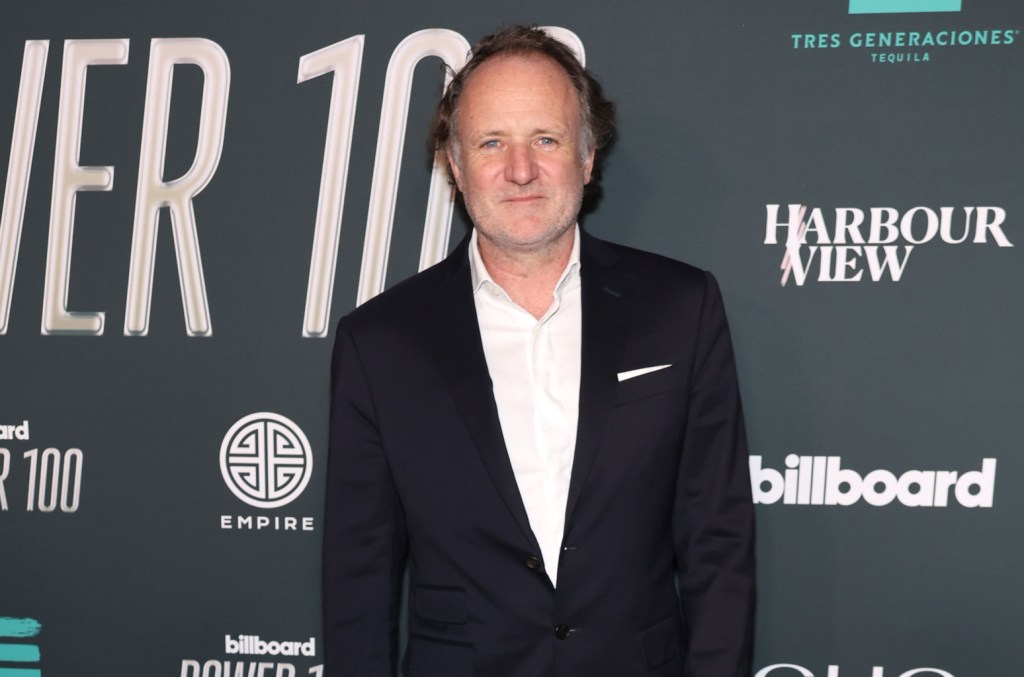Believe benefited from geographic expansion and strong streaming growth to record revenue of 880.3 million euros ($952.8 million at average exchange rates) in 2023, up 15.7% from the previous year, the company announced on Wednesday (March 13). Organic growth was 14.4%, matching guidance the company provided in October for organic growth in excess of 14%. After adjusting for foreign currency headwinds, Believe's adjusted organic growth rate was 19.5% in 2023 and 21.8% in the fourth quarter.
The current growth rate should extend into this year. Believe expects to achieve organic revenue growth of more than 20% in 2024, adjusted to 18% to account for expected foreign currency headwinds. This high growth rate comes from a healthy paid streaming market and the belief that the ad-supported streaming market will recover in the second half of the year. Believe also expects to gain market share, especially in countries where it is not yet the company's top three for local artists.
In 2023, Believe was helped by price increases in music streaming services in 2023 — Amazon Music in January, Spotify in July and Deezer in November. The company had market share gains in all key countries and with all key digital service providers, Xavier Dumontchief financial and operating officer, said during Wednesday's earnings conference call.
Adjusted earnings before interest, taxes, depreciation and amortization (EDITDA) of 50.3 million euros ($54.4 million) were up 45%. Adjusted EBITDA margin increased to 5.7%, beating guidance of at least 5.5%. Free cash flow was -3.1 million euros ($-3.4 million), although free cash flow turned positive in the second half of the year.
The earnings announcement comes as Believe is the subject of a take-private bid by a consortium led by the CEO Denis Ladegaillerie and the investment companies EQT X and TCV. Warner Music Group (WMG) revealed last week that it is interested in pursuing Believe and is willing to beat the joint venture bid. However, Believe executives did not respond to questions about the take-private offer during Wednesday's earnings call.
The listed French music company's business model is based on helping to develop artists and using digital marketing and distribution to influence local charts. This approach is all the more important when any artist can go viral on social media. Example: Believe scored a hit in 2023 when a 2022 single, “Si No Estás'” by Iñigo Quintero, became a TikTok hit in Spain before topping the charts in France, Germany, Norway, Sweden, Austria and Belgium. “That success at the top is achieved across a wider variety of music genres,” including hip-hop, pop and metal, Ladegaillerie said during the earnings call.
Believe also had 42 Top 200 albums in their home country and 48 Top 100 singles in their second largest market, Germany. In the UK, consumption increased by 394%. In China, Believe has grown to 80 employees in five offices serving 300 labels. In India, where Believe acquired White Hill Music's catalog in December, the company had 66 songs in the local charts.
Revenue in France, where Believe is in the top three record labels for local artists, rose 14.9 percent to 147.8 million euros ($160 million). Revenue in Germany fell 2.4% to 110.9 million euros ($120 million), while revenue in Europe, excluding France and Germany, rose 25.9% to 264.6 million euros ($286.2 million). . The Americas accounted for 128.1 million euros ($138.7 million), up 17.4% over Brazil and Mexico. Asia Pacific and Africa contributed 228.9 million euros ($247.8 million), up 14.9%, with China and Japan particularly strong. India and Southeast Asia grew at slower rates due to regions affected by weakness in the ad-supported streaming market.
Revenue for the company's premium solutions division rose 15.8% to 825.1 million euros ($893.1 million), while the segment's adjusted EBITDA improved 16.8% to 118.3 million euros ($128 million ). Premium solutions mainly consist of selling, promoting, marketing and delivering digital content for artists and labels. It also includes certain physical sales, synchronization services, neighboring rights and music publishing.
In the automated solutions segment, revenue rose 14.6% to 55.2 million euros ($59.7 million) and adjusted EBITDA rose 53% to 10.1 million euros ($10.9 million). The slower growth rate was expected, Dumont said, due to lower ad-supported monetization and a new TuneCore pricing structure launched in 2022 that led to lower average revenue per customer and “has not yet been offset by new customer growth.”
Ladegaillerie has formed a consortium with two of its shareholders, investment firms EQT X and TCV, to take the company private for 15 euros ($16.43) per share. That bid entered competition last week when WMG revealed its interest in Believe and said it might be willing to pay at least 17 euros ($18.62) per share. The consortium sought to expedite the process and waive the board's condition that an independent expert report to Believe's ad-hoc committee on the financial fairness of the offer. The parties are now waiting for French financial regulators to say whether the consortium can unilaterally waive the independent expert's report and whether WMG's preliminary proposal prevents the waiver of the board term.



